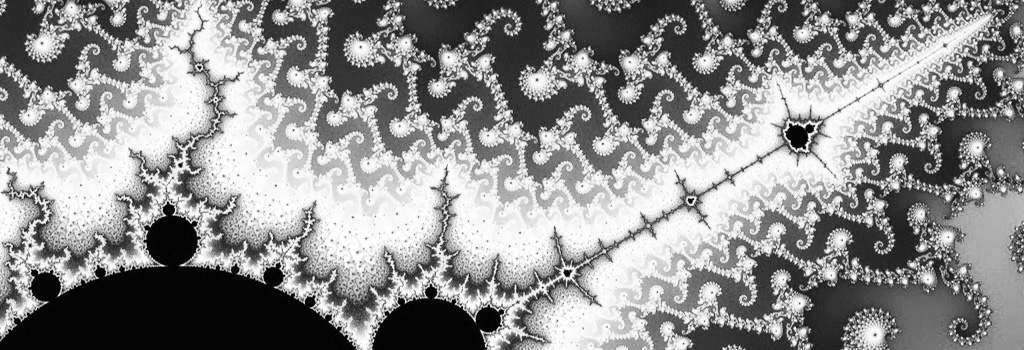 This is not a post about the importance of detail. It is about being careful when giving too much attention to the things that will stop you from achieving your goal. Many manufacturers and software developers share the concept that details are key to success, and by the way, are right. But why some of them fail? What differentiates the winners from the losers?
This is not a post about the importance of detail. It is about being careful when giving too much attention to the things that will stop you from achieving your goal. Many manufacturers and software developers share the concept that details are key to success, and by the way, are right. But why some of them fail? What differentiates the winners from the losers?
It is very easy to become a perfectionist when trying to get all the details right. A software developer can improve the architecture indefinitely making it clearer and more robust, an engineer might continue crafting prototypes over and over, a house owner may constantly make his dwelling better repainting and repairing it and even moving walls sometimes. And perfectionism is bad in this sense. It obscures the vision, the big picture, the goal. Spending too much time on details, one might forget the direction he or she is moving toward and appear no closer to the result.
It is generally difficult for a detail-oriented person to manage his or her time, as all of it is spent “just to make it right”. There is however a constraint that keeps people from being perfectionist in the production environment. Money. Whether it takes the form of employer’s paycheck, investor’s control or family support costs, money is the counterforce of perfectionism. It weighs every detail on a universal scale. Sooner or later details become too costly to implement and — as an outcome — whether the whole project is shut down or the details are axed.
Always having the vision in mind is important. Spending resources on the most important things first, keep us moving closer to the goal. Though this shouldn’t be confused with leaving sloppy things as they are, implementing the details is only needed when what is being detailed is in existence.
Pictured above: Mandelbrot infinite sequence.
